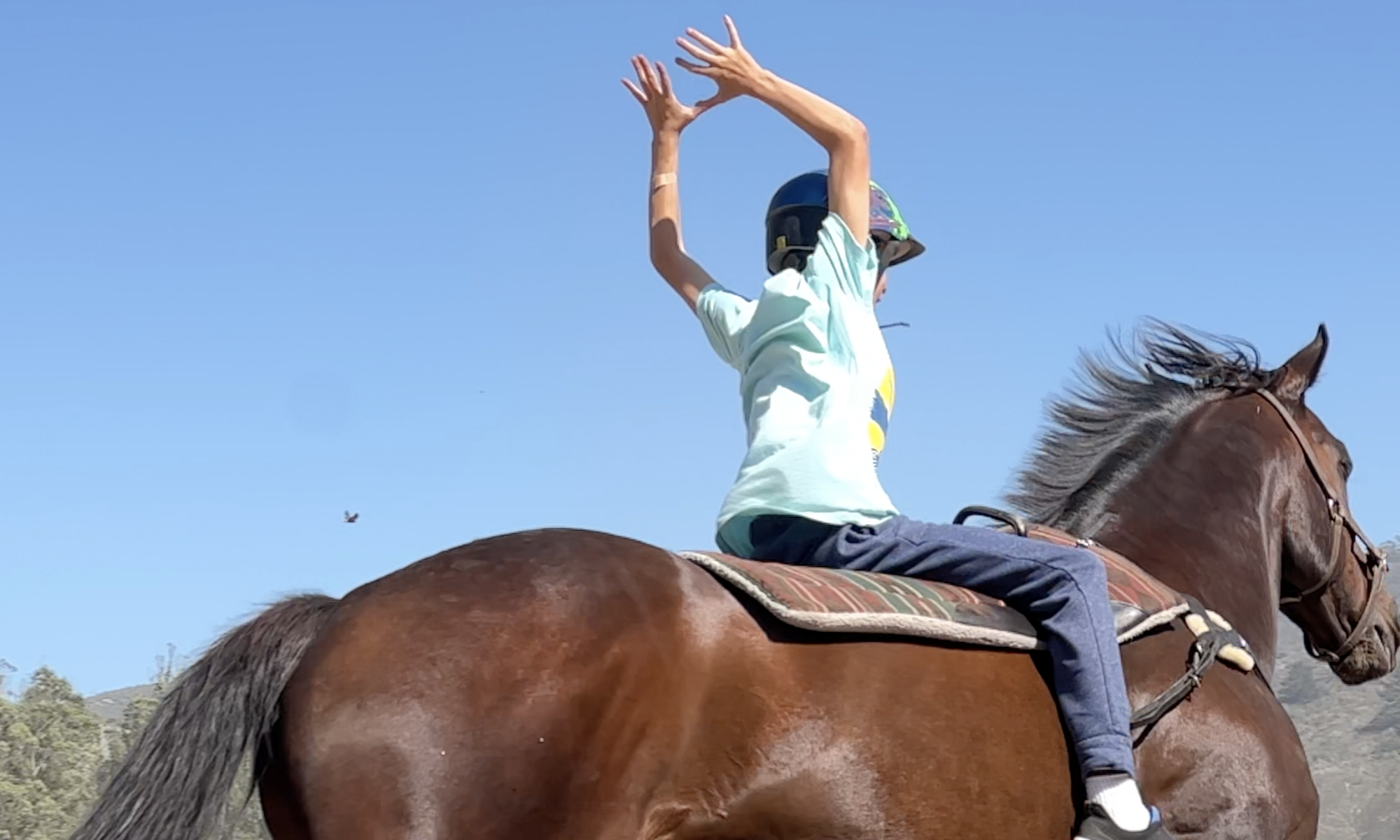Armed with a public health degree, youth, health, optimism and the indomitable American spirit – a friend headed out to service with the Peace Corps. She boldly waded into the trenches of rural Africa – to bring services and knowledge and healing.
Reality sunk in soon. People were and would continue to die horribly from HIV-AIDS – a disease that’s managed fairly well in the first world. She became disheartened. She became weary of working in an top-heavy organization that felt like it had lost focus on actually touching human lives and communities.
She worked hard and came home tired – and not just a little sad.
She sought spiritual practice to help her understand how she’d gone from fiercely determined, to exhausted.
Slowly, she emerged from the fog and began another chapter of reaching out. She flourished working with special needs kids. She found joy in children’s antics – even the most wild ones. They delighted her and her delight was a gift to the children and to their families.
But she wanted more – she wanted to extend her reach to whole communities so they would be healthier and happier. Today she works in an inner city health clinic – ensuring poor immigrants access to health care. Yet she wonders every day if it’s “enough.”
My uncle recently retired as a social worker. He’d run group homes in the middle of nowhere – he’d worked for Child Protective Services in the poorest parts of our rich state. He maintained a dark sense of humor in order to survive the extreme poverty and hopelessness that he saw constantly. I’ll never forget something he said one day;
“For some people, a bag of heroin and a 12 pack of beer is as good as it gets.”
We’re putting together a retreat program for teachers traumatized by the Northern California fires. The teachers and their students are struggling to rebuild a sense of home out of devastation. In listening to the teachers’ stories – I heard they don’t know how to give themselves permission for self care. They spend their energy reacting to the needs of the students and at the end of the day, they feel defeated, small and ineffectual. Teacher burn out is a real thing.

Veterinarians experience critical levels of depression. How can this be? Working with animals, being often outside, days are varied, exciting and challenging. And yet, suicide rates for veterinarians are 2 to 3 times that of other professions.
Compassion fatigue, it seems is a Very. Real. Thing.
So often in human services, we cripple ourselves with the notion that we are “not enough.”
There are meditations to convince ourselves that we are indeed “enough.” But the effects are short lived or worse, insincere. There are medications we can take to ease the unease we feel at the end of a day when we feel as if we’ve not done it all. Again, short-lived at best.
What’s the difference between those who burn out and those that don’t?
Where does anyone draw the line between helping others and helping ourselves?
These are critical questions and I’d like your permission to posit….. something.
When we make a conscious decision to keep our hearts open – recognize that this is an act of courage. When we forgive ourselves for closing our hearts – perhaps that is an even more profound act of courage.
The stoics tell us that “choice is the ultimate luxury.” So making a choice to remain open hearted – and seeing that as a luxury is something with tremendous value.
The choice to forgive ourselves for not being “all that” might be the richest luxury we can know.
When our energy level is low – what recovery people know as HALT – Hungry – Angry – Lonely – Tired (perhaps this is the mantra for the quarantine) – self forgiveness is the perfect and perhaps the only real antidote for our feelings of despair.
In these days of quarantine – when we don’t have access to the distractions of our usual daily lives, we come face to face with ourselves – with a different version of ourselves – with a lazy, unproductive, unkempt, is-it-time-to-eat-again self. We can’t hide behind our chipper American “I’m so busy” self.
Like you, I step over the home workout equipment on the way to the pantry for a snack. I flip channels, I digest way too much social media – the media I know is just feeding me more information to keep me here in my pyjamas endlessly scrolling.
But I can take a deep breath, pet the dog and have the space to acknowledge that I have the choice to keep my heart open and the chance to forgive myself for those moments when I’m not my best self.
Perhaps I will bake some cookies.
Be safe. Be well – and wash your hands.
















